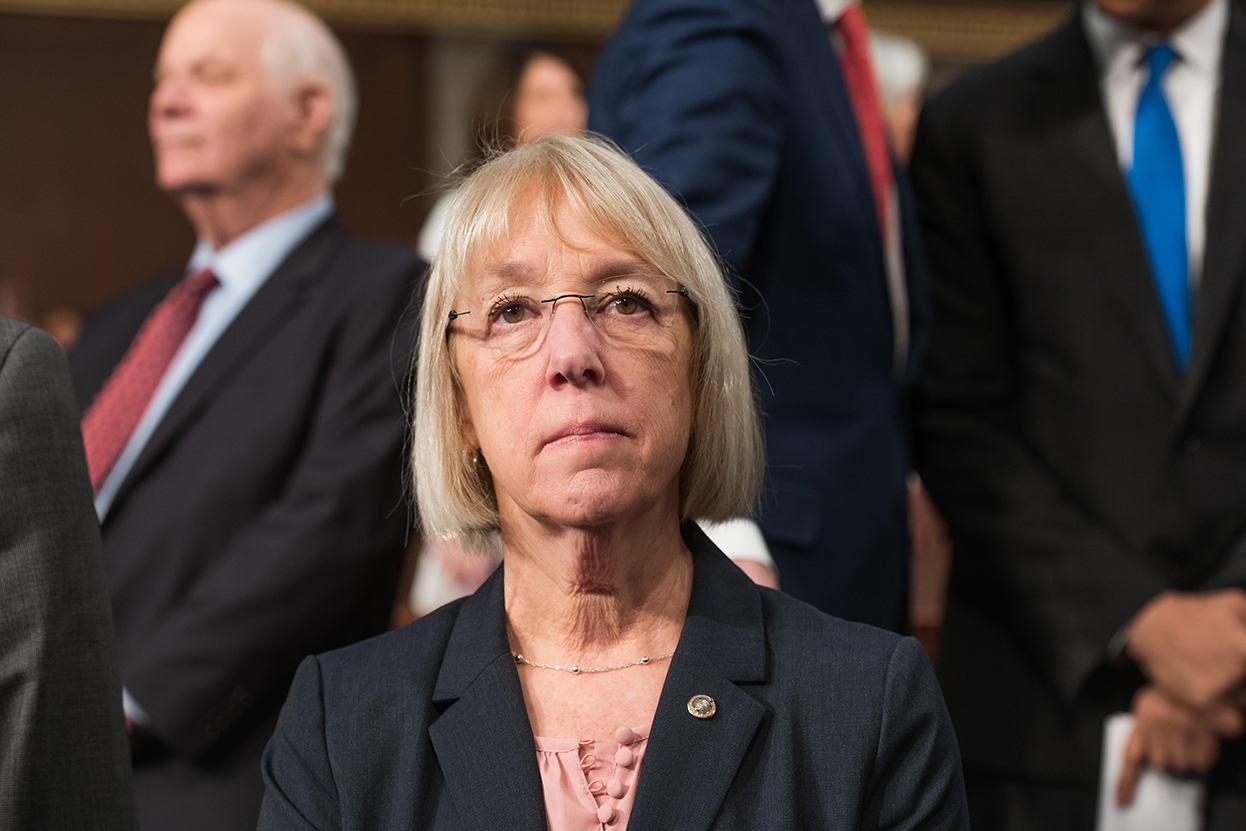ICYMI: El Senador Murray ayuda a aprobar CHIPS y la Ley de Ciencias para Reducir Costos e Invertir en la Manufactura Estadounidense – MÁS AQUÍ
Senador Murray: “This funding is a big deal for the University of Washington and will help our state remain a leader in semiconductor manufacturing and building a skilled semiconductor workforce.”
Washington DC – Today, U.S. Senator Patty Murray (D-WA), Chair of the Senate Appropriations Committee, announced a $10 million grant for semiconductor workforce development and research at the University of Washington. The funding will go towards the U.S.-Japan University Partnership for Workforce Advancement and Research & Development in Semiconductors (UPWARDS) for the Future project, a collaboration between six American universities—including the University of Washington—and five Japanese universities. The grant is allocated through the National Science Foundation and is funded by the CHIPS y Ley de Ciencias, which Senator Murray was a leader in passing last year.
“This funding is a big deal for the University of Washington and will help our state remain a leader in semiconductor manufacturing and building a skilled semiconductor workforce,” dijo el senador Murray. “The UPWARDS for the Future project is going to give students in Washington state really unique opportunities to collaborate with their peers and become part of tomorrow’s STEM workforce—it’s great to see the CHIPS and Science Act at work.”
The U.S.-Japan University Partnership for Workforce Advancement and Research & Development in Semiconductors (UPWARDS) for the Future is a collaboration between six U.S. universities and five Japanese universities, working with industry partners, to provide advanced training and research opportunities to students and faculty, and to address the demand for a highly trained microelectronics and semiconductor workforce and build global and domestic capacity in the semiconductor field. Activities may include targeted student exchange programs, professional certification opportunities, curriculum development, visiting faculty/researcher programs, and focused research projects.
Senator Murray helped to pass the bipartisan CHIPS y Ley de Ciencias last year which makes historic investments into American manufacturing—especially in Washington state, which ranks among the top ten states in terms of its semiconductor manufacturing workforce. The bill boosted funding for the National Science Foundation by 77 percent, including $12 billion for STEM education efforts including scholarships, fellowships, and traineeships.
###


